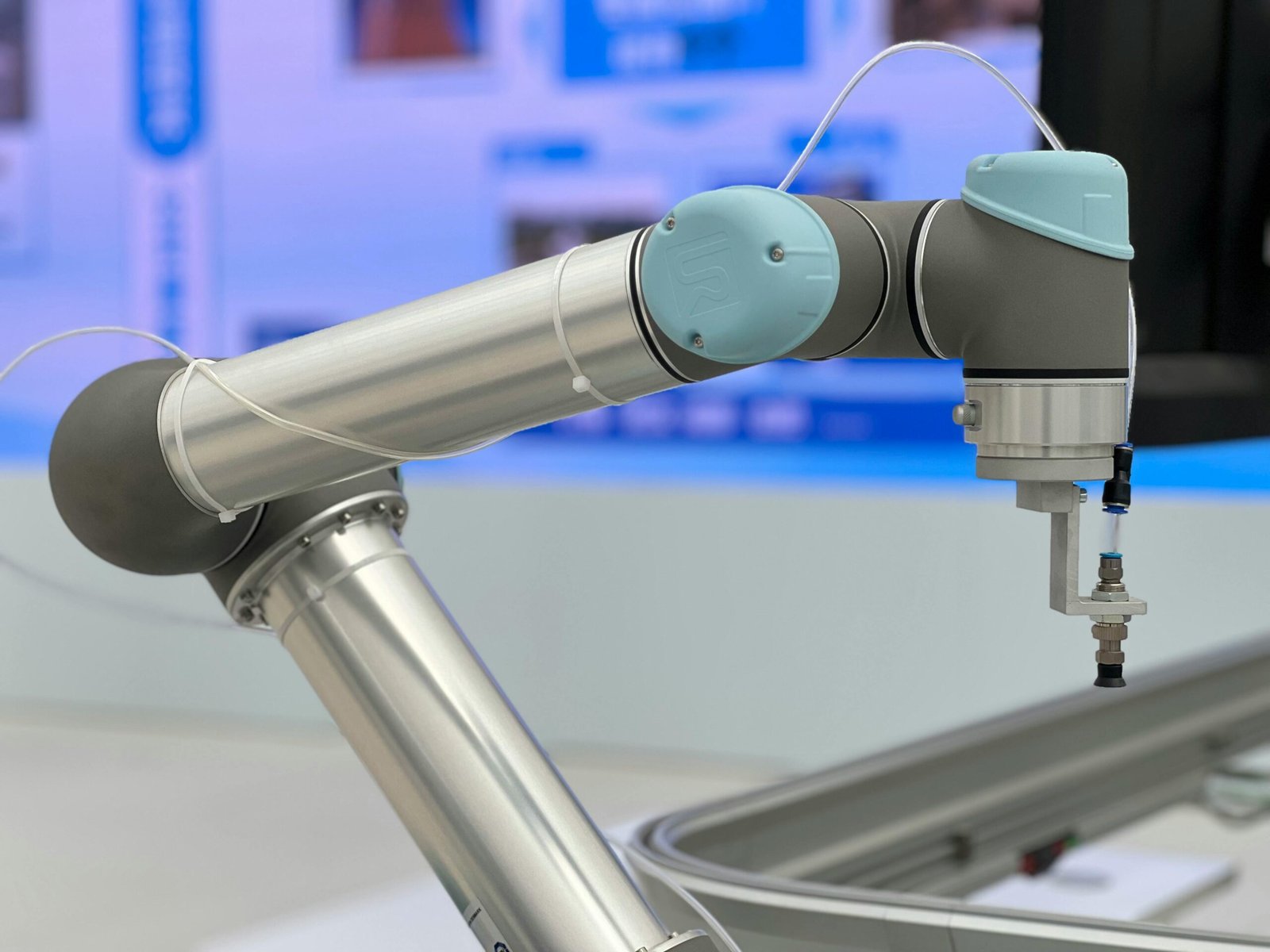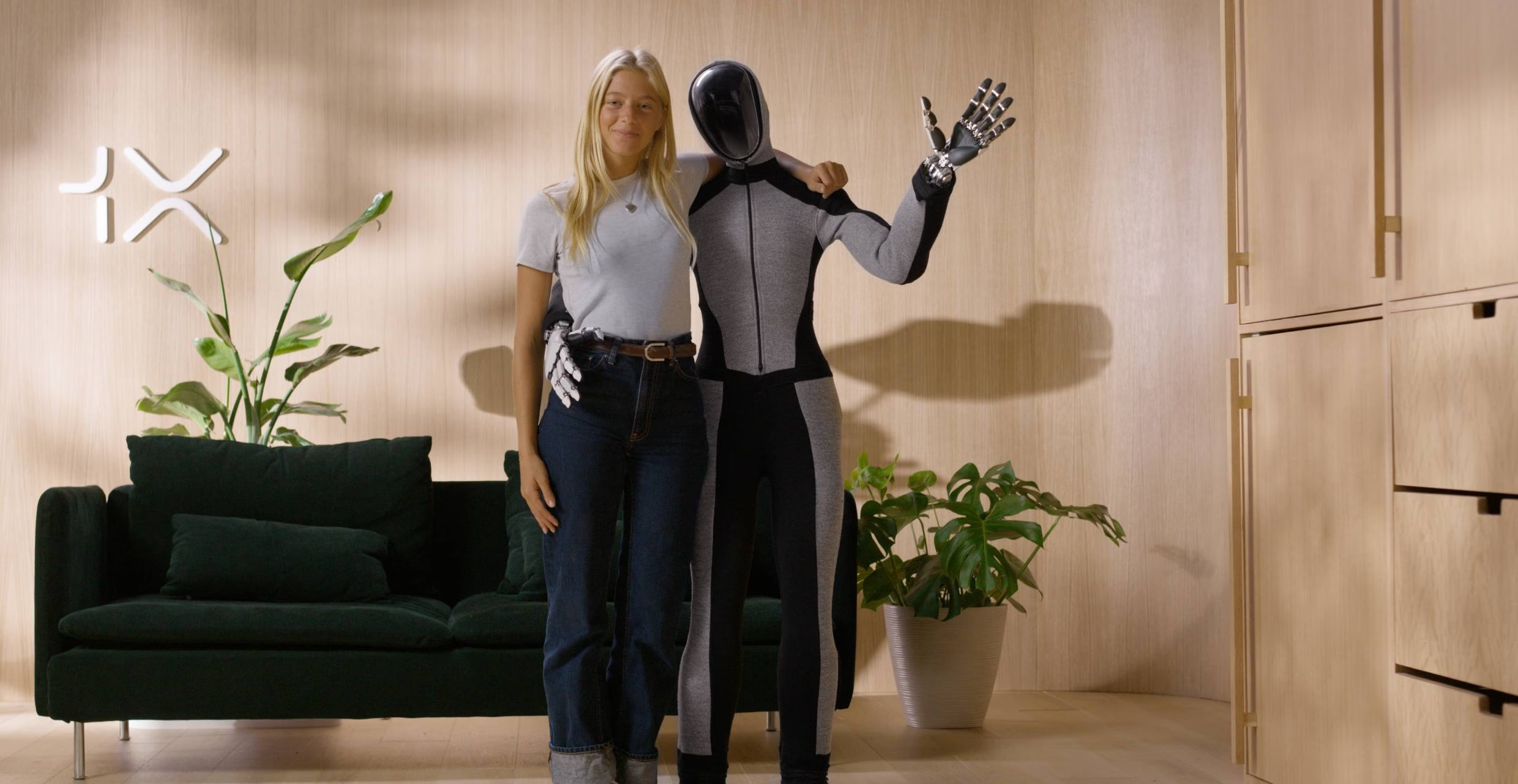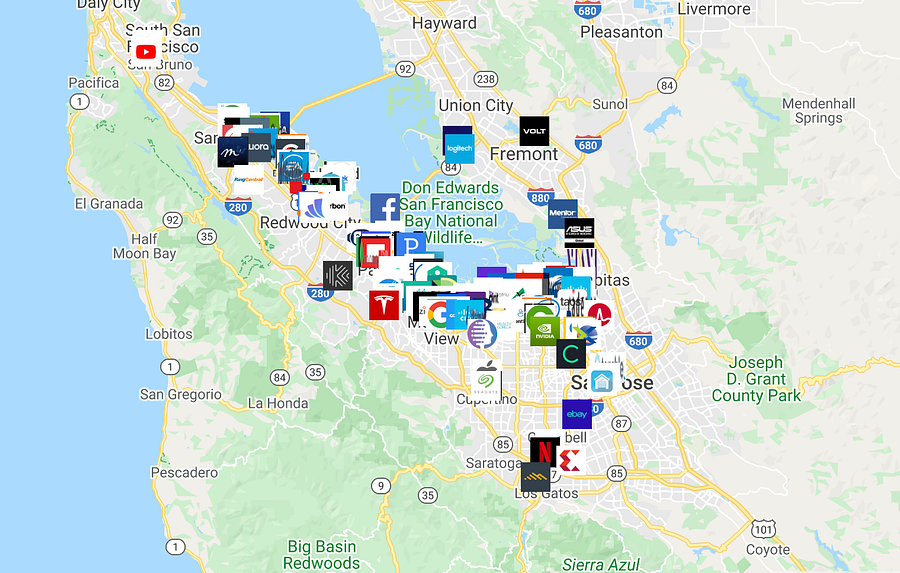Introduction: Pioneering Versatile Robotics Software
Physical Intelligence, a cutting-edge robotics AI startup, has secured $400 million in early-stage funding with contributions from high-profile investors including Jeff Bezos, OpenAI, Thrive Capital, and Lux Capital. This major investment, which places the startup’s valuation at $2 billion, marks a significant milestone in the quest to create general-purpose robotics software that can operate across various robotic platforms without specialized code.
Aiming for Cross-Robot Software Compatibility
At the core of Physical Intelligence’s vision is π0 (pi-zero), an innovative robotic software foundation designed to adapt across a wide array of robotic functions and platforms. Rather than developing task-specific software, π0 is designed to streamline automation by allowing a single software to operate across different types of robots, thus simplifying the software landscape for robotics in various industries. The technology enables tasks such as folding laundry, sorting groceries, and more—demonstrating practical applications for household and industrial automation.
Rise in Investment for AI-Driven Robotics
This funding follows an increasing trend in the AI and robotics sector, with major technology players like Microsoft, Google, Meta, Amazon, and Nvidia investing billions to advance artificial intelligence applications. In 2024 alone, U.S., European, and Israeli AI and cloud companies are projected to attract over $79 billion in venture funding, indicating the high stakes and immense potential in robotics and automation.
Leadership and Expertise Fuel Innovation
Founded in 2024 by CEO Karol Hausman, a former robotics scientist at Google, along with Sergey Levine, a professor of robotics at UC Berkeley, and Lachy Groom, a former Stripe executive, Physical Intelligence brings together a powerhouse of expertise in robotics, AI, and business strategy. The team aims to position π0 as a “true generalist,” bringing physical intelligence to various fields, from warehousing and logistics to hospitality and home automation.
Competitors and Industry Momentum
As Physical Intelligence rises, other companies are also intensifying their focus on robotic intelligence. Alphabet’s Intrinsic has made strides by acquiring Vicarious, a well-regarded AI robotics startup, while Tesla’s Optimus humanoid robot offers capabilities ranging from household chores to unique interactions using Gen Z slang. Startups such as Skild, Figure AI, and Sanctuary AI are also entering the field, each with unique approaches to creating flexible, human-interactive robots.
Implications for the Future of Robotics
The ultimate goal for Physical Intelligence is to develop a robotics model that users can interact with as easily as current AI language models. By building a versatile, instruction-following AI that spans images, text, and direct robot control, Physical Intelligence aims to change how robots operate in practical settings. The demand for adaptable robotics software underscores a potential shift in how we use robotics in daily life, from routine household chores to complex industrial tasks.
This breakthrough in robotics AI could usher in an era where robots seamlessly integrate into industries, accelerating productivity and reducing the need for manual intervention in repetitive tasks. Physical Intelligence’s technology holds the promise of significantly expanding robotics applications, enhancing how society leverages AI across numerous sectors.





